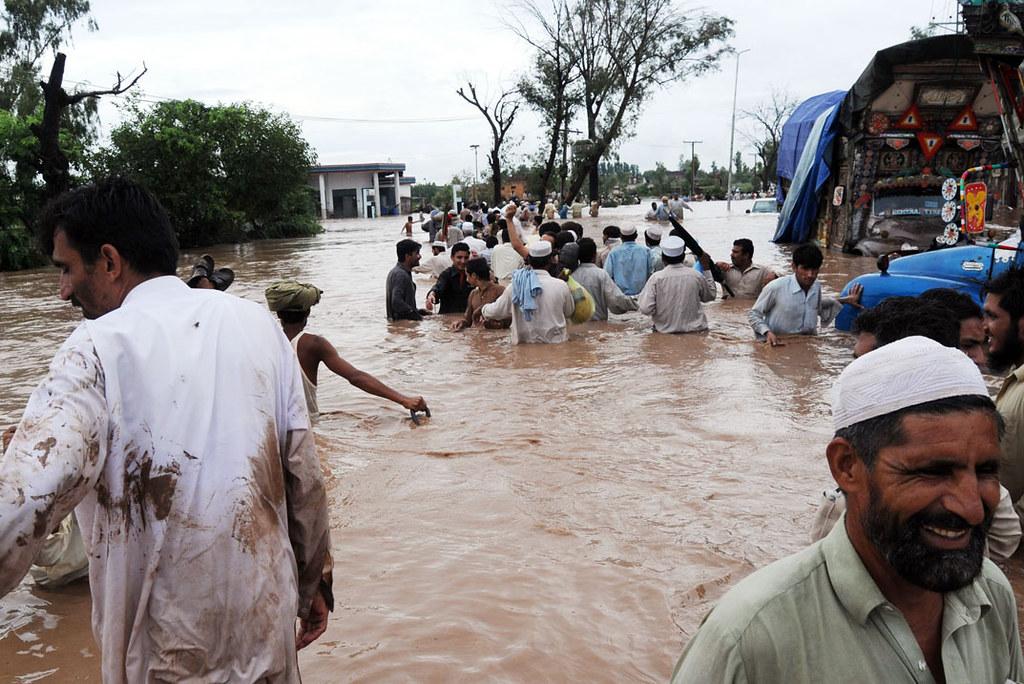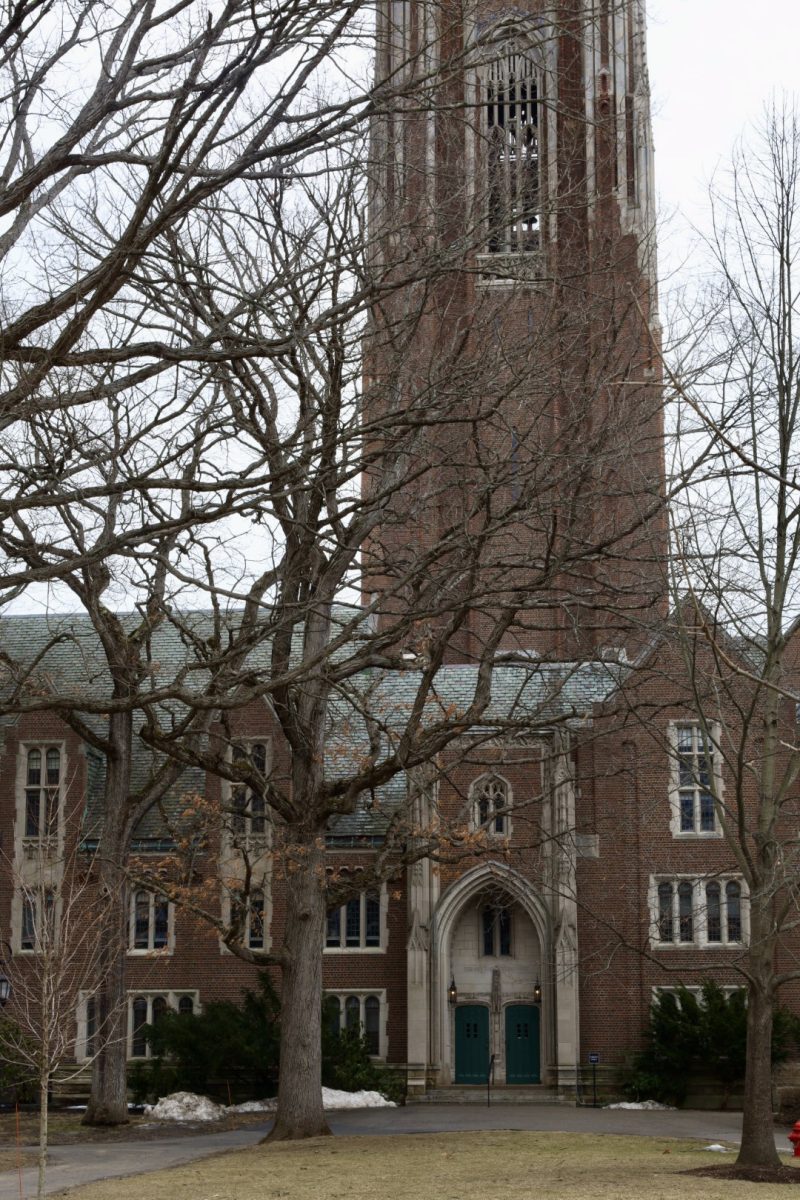Since mid-June of 2022, people in Pakistan have been dealing with historic flooding as a result of climate change. According to UNICEF, as of early October, 33 million people were displaced by the floods. The World Bank estimated that the flooding has killed 1,739 and caused around $40 billion in damages.
Those currently in the country are not the only ones affected. Many Pakistani students at Wellesley are feeling the effects of the crisis.
When Natasha Khoso ’25 was still at home in Pakistan over the summer, she did not realize the extent of the flood damage. Because Khoso lives in Karachi, she did not feel the impacts of the flooding as acutely as the rural areas of Pakistan did. Her family living in the rural areas, however, were severely impacted by the flooding. For example, the flooding hit the area where Khoso’s father and uncles grow rice especially hard, wiping out all of their crops.
“It’s really heartbreaking to see what’s happening at home,” Nuzaina Khan ’23, who is also from Pakistan, said. “On the one hand, I am incredibly lucky and blessed to be getting the education I’m getting at a place like Wellesley, but at the same time, I feel guilty and useless seeing what’s unfolding while so far away from home.”
According to Khoso and Khan, the flooding speaks to a bigger issue of climate change, the effects of which extend beyond the more severe monsoon season. Khoso also pointed to hotter summers and colder winters as impacts of global warming on Pakistan. She added that “women are disproportionately impacted… even those who were literally eight months pregnant [are] working under the sun all day.”
“Yeah, we’re getting that attention, but it’s so unfair, because we’re not even the ones causing the problems and they’re affecting us,” Khoso said. “Pakistan and other developing countries are having to face the problems created by the west. It’s criminal.”
A study in the Lancet Planetary Health Journal found that the US and the Global North were responsible for 40% and 92% of excess global CO2 emissions, respectively. According to Khoso, the highest-emitting countries should provide more assistance to countries like Pakistan that are feeling the most severe impacts of climate change.
“People talk about climate change futuristically sometimes, but the future is now,” Khan said. “It is happening and those who are being more impacted by it are those that have the lowest carbon footprint and have contributed the least.”
The Wellesley Pakistani Students Association (PSA), which both Khoso and Khan are a part of, has been raising money for organizations helping to mitigate the consequences of the flooding since late September. According to the PSA Instagram, the two organizations are the Edhi Foundation, a “well regarded, non-profit social and humanitarian aid organization based in Pakistan,” and the Human Development foundation, which is a non-profit founded by Pakistani Americans, that provides flood relief kits to those impacted.
“It feels really good,” Khoso said of the fundraisers. “Especially when I came here, I felt so weird being away from home when this was happening, because you feel so helpless.”
PSA has partnered with Slater International Student Organization and Wellesley Association of South Asian Cultures to raise money during their culture shows, along with three fundraisers the organization has held independently. As of Nov. 14, they have raised $2,300 from their fundraisers and an additional $800 from donations solicited during the Slater Culture show. Khoso also mentioned that several alums reached out with offers to have their workplace match the donations that PSA has raised.






